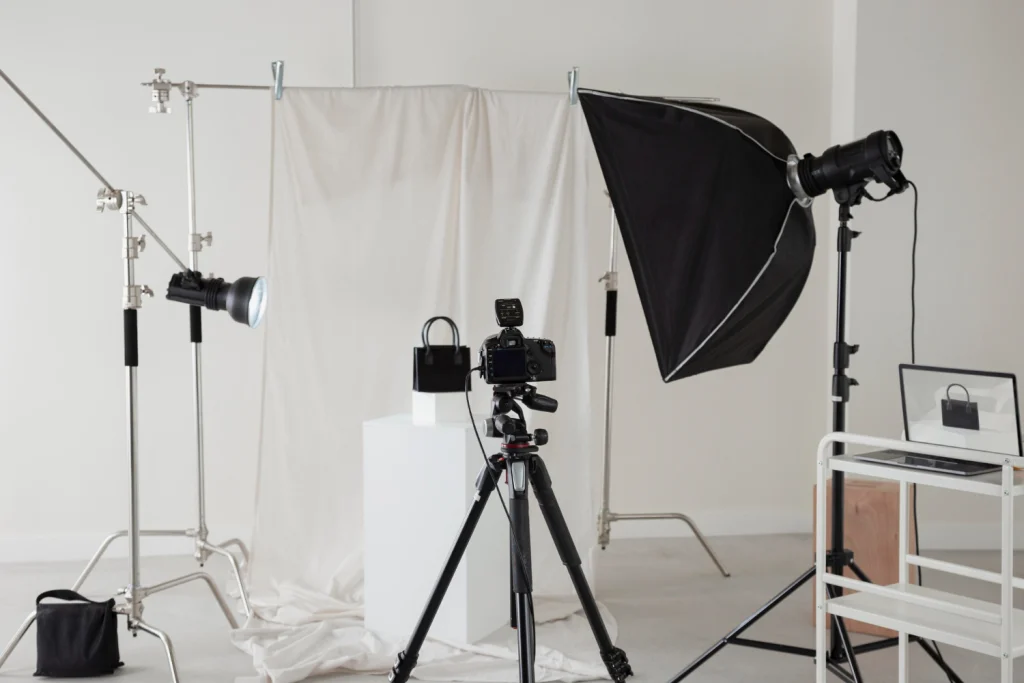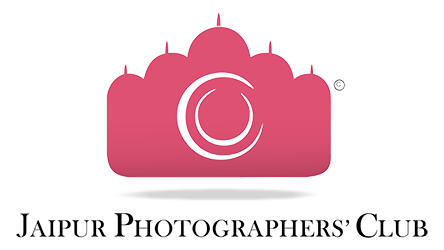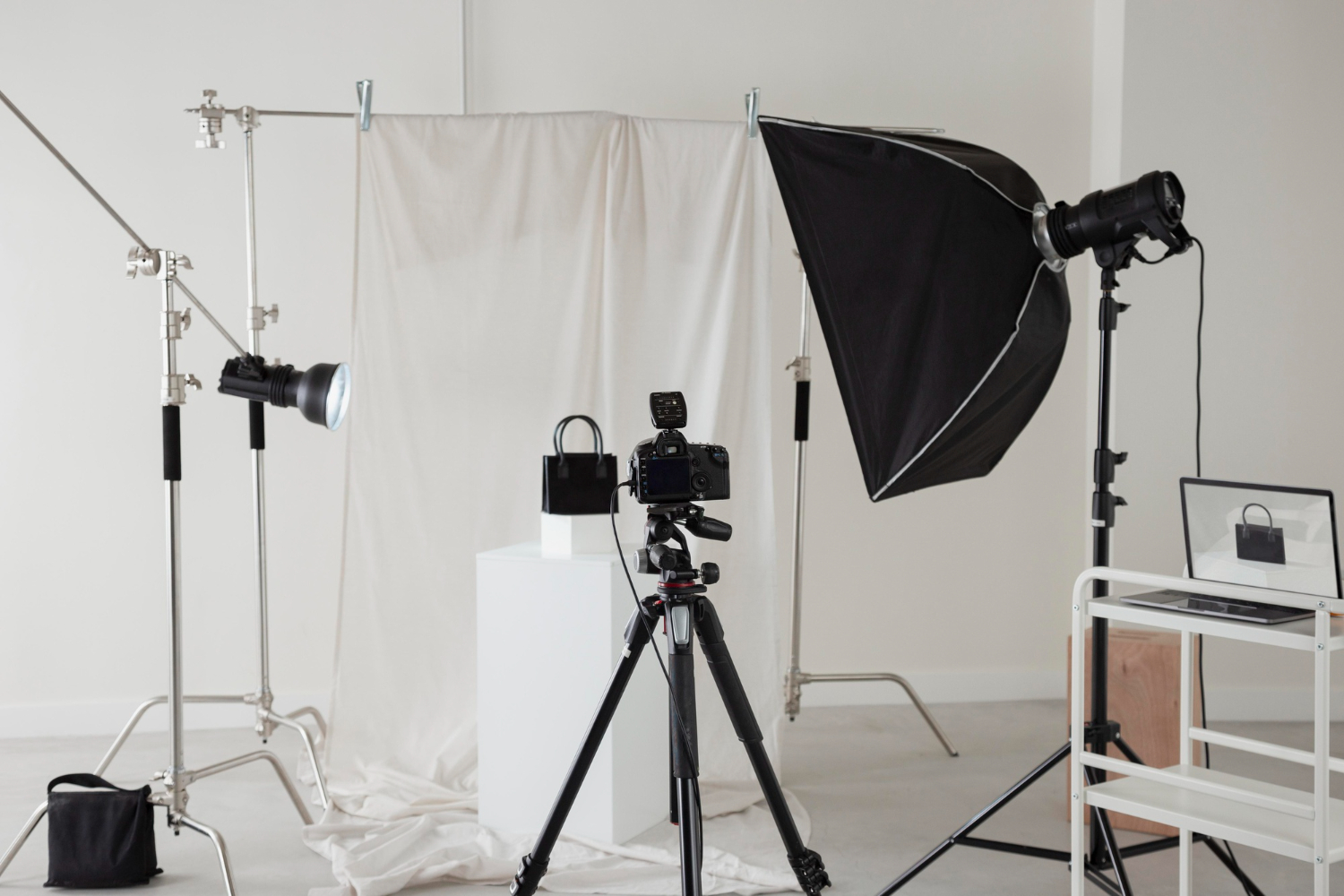Photography for Beginners: 10 Mistakes to Avoid When Starting Out
Photography is an art that requires skill, patience, and practice. For those just starting, photography for beginners can be both exciting and overwhelming. However, it’s important to avoid common mistakes that can hinder your growth as a beginner photographer. This Beginner Photography Guide will help you recognize and steer clear of these pitfalls, ensuring your development as a photographer is smooth and enjoyable.

1. Not Learning the Basics of Your Camera
When engaging in photography for beginners, one of the biggest mistakes beginners make is not fully understanding their camera. Many people purchase a high-end camera but stick to auto mode because they are intimidated by the settings. However, to truly grow as a Beginner Photographer, it’s crucial to learn the basics of your camera, including ISO, aperture, and shutter speed.
A valuable Beginner Photography Guide tip is to start small—learn how these three elements interact to create a properly exposed image. The more familiar you become with your camera’s manual settings, the more creative control you will have.
2. Relying Too Much on Post-Processing
Editing software like Photoshop and Lightroom are powerful tools, but relying too much on post-processing is a mistake often seen in photography for beginners. While editing can enhance your photos, it’s important to focus on taking the best possible image with your camera. A well-composed, well-exposed photo straight out of the camera will always trump a poorly shot one that is over-edited. This is about improving your skills in-camera. Work on enhancing your composition and lighting techniques so that your images need less heavy editing. By focusing on taking great shots from the start, you’ll improve as a Beginner Photographer.
3. Ignoring the Importance of Lighting
Lighting is everything in photography. One of the biggest challenges in Starting Photography is understanding how light affects your images. Whether you’re shooting indoors or outdoors, understanding how light interacts with your subject is essential.
Natural light is often the easiest and most forgiving source of light for beginners. When practicing photography for beginners, experiment with shooting during the golden hour—the hour after sunrise or before sunset—when the light is soft and warm. Avoid harsh midday sunlight, which can create unflattering shadows.
4. Neglecting Composition Rules
Another common mistake is neglecting the rules of composition. Photography is not just about pointing your camera and clicking; it’s about arranging elements within the frame to create a pleasing image. The rule of thirds is a basic but effective composition technique that should be a part of every Beginner Photography Guide. Following composition rules will elevate your photos from simple snapshots to professional-looking images, giving you the confidence to grow in Starting Photography.
5. Overlooking the Importance of Focus
Focus is one of the most critical elements in photography. Many beginners, while engaging in photography for beginners, struggle with getting their subjects in focus, leading to blurry or soft images. This often happens because they leave their camera on auto-focus or don’t understand the different focus modes available. A key focus in Starting Photography should be to switch to manual focus when necessary and practice focusing on various subjects and distances to build confidence.
6. Not Experimenting with Different Angles
One common issue is that it’s easy to get stuck shooting everything from eye level. However, this can result in repetitive and uninspired images. They often forget that changing their perspective can make a huge difference in their photos.
A valuable tip in Starting Photography is to challenge yourself to take several photos of the same subject from multiple angles. You may be surprised at how a slight shift in perspective can transform a simple scene into a captivating image. This experimentation is an essential part of any Beginner Photography Guide.
7. Using Flash Incorrectly
Many beginner photographers in photography make the mistake of using the camera’s built-in flash in the wrong situations. The harsh, direct light from the flash can create unflattering shadows, washed-out colors, and unnatural-looking images.
For beginners, learning how and when to use flash effectively is crucial. Photography for beginners often involves natural light, but understanding flash usage can add to your versatility as a photographer and contribute to your Beginner Photographer journey.
8. Shooting in JPEG Instead of RAW
When starting out in photography for beginners, many beginners opt to shoot in JPEG because it takes up less storage and can be easily shared. However, this comes at a cost—JPEG files are compressed, meaning they lose a lot of detail and information.
In the Beginner Photography Guide, shooting in RAW format preserves all the data from your camera’s sensor, giving you greater flexibility in post-processing. As you gain experience in Starting Photography, you’ll appreciate the benefits of RAW for achieving higher quality images.
9. Not Investing in a Tripod
A tripod is one of the most underrated tools in photography for beginners. Many beginner photographers think that a tripod is only necessary for professional or landscape photographers, but it can be a game-changer for anyone. For those involved in photography for beginners, investing in a tripod early on can help capture sharper images and improve overall photography quality. A tripod is also helpful for shooting long exposures and night scenes, two areas where Starting Photography can take your skills to the next level.
10. Giving Up Too Soon
Finally, one of the biggest mistakes is giving up too soon. Photography is a skill that takes time to develop. It’s easy to get discouraged when your images don’t turn out the way you envisioned, but persistence is key. In photography for beginners, every professional photographer was once a beginner. Keep practicing, experimenting, and learning from your mistakes. Every photo you take brings you one step closer to mastering your craft, and following a Beginner Photography Guide will help keep you on track.

